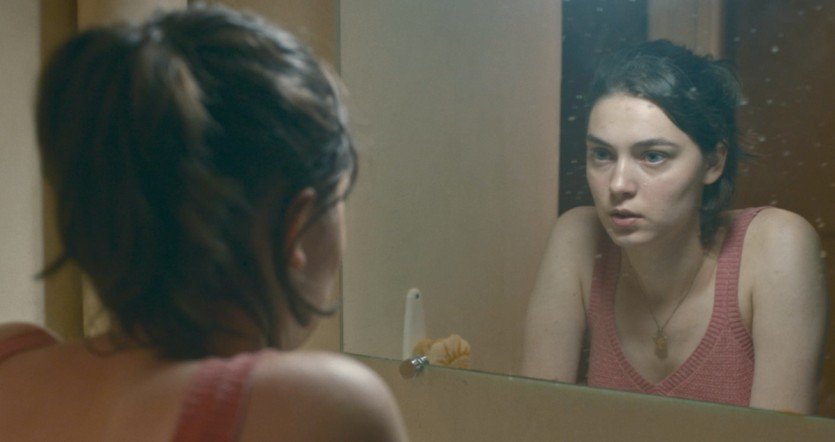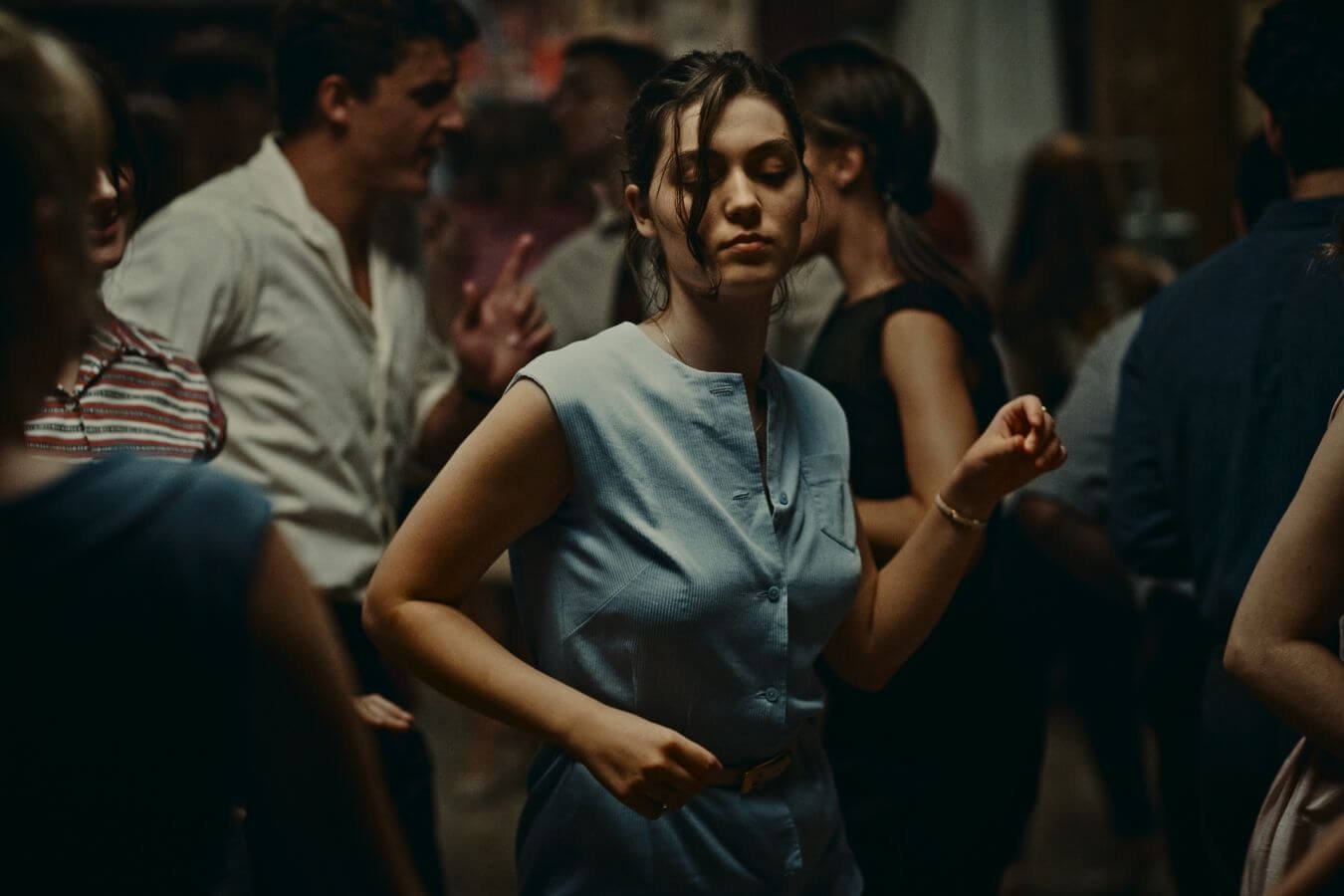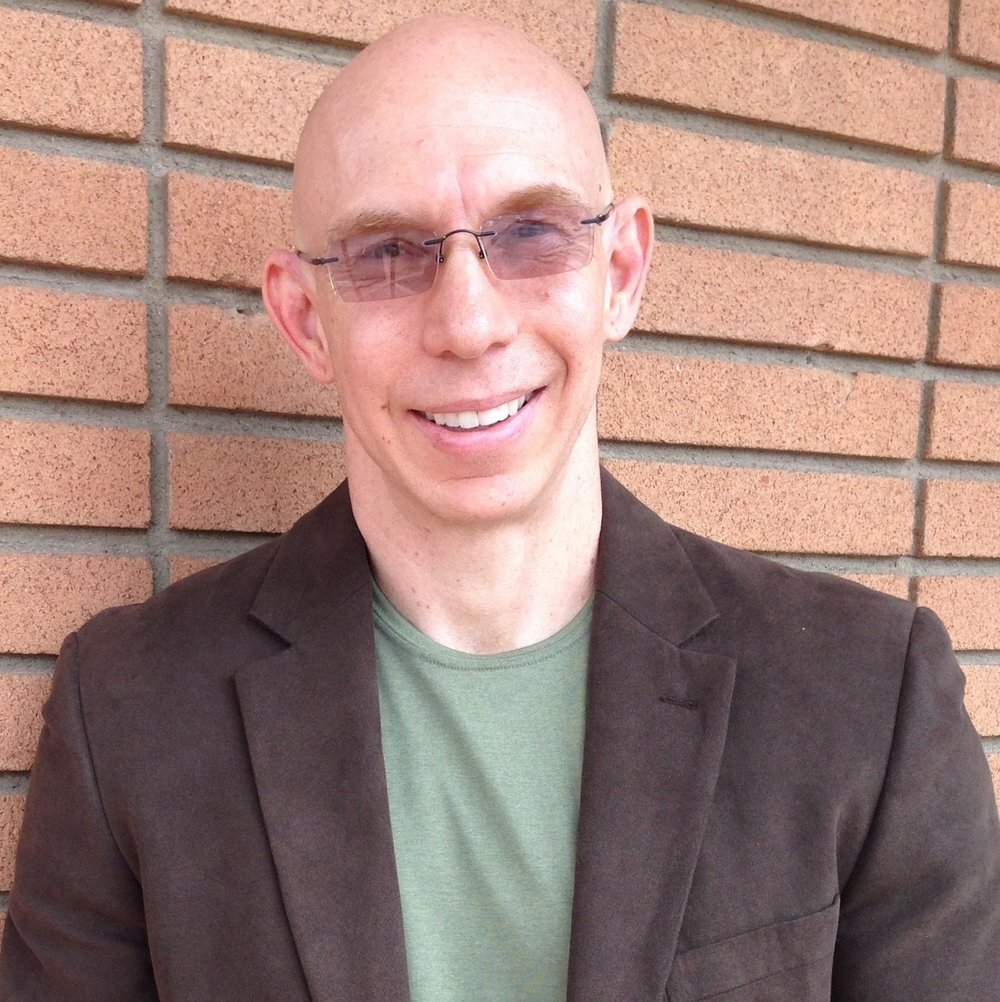Directed by: Audrey Diwan
Written by: Audrey Diwan, Marcia Romano, and Anne Berest, based on Annie Ernaux’s autobiographical novel
Starring: Anamaria Vartolomei, Louise Orry-Diquero, Luana Bajrami, Fabrizio Rongione, and Sandrine Bonnaire
Runtime: 95 minutes
‘Happening’: Diwan’s abortion film is a distressing, timely, and important cinematic experience
“Accept it. You have no choice.” – Dr. Ravinsky (Fabrizio Rongione)
Dr. Ravinsky voices this message to Anne Duchesne (Anamaria Vartolomei), a 23-year-old literature student, during a follow-up visit. Even though he delivers these words with regret and empathy, the blow isn’t tempered to Anne’s ears. She does not consent. She cannot concede.
Anne is pregnant. She wishes to terminate her pregnancy.
However, it’s 1963 in Angoulême, France, and abortion won’t become legal until 1975. Anne is stuck. She wishes to continue her studies and verbalizes her situation.
“(It’s an) illness that strikes only women and turns them into housewives,” Anne says.
She is trapped.
Director/co-writer Audrey Diwan delivers a powerful and equally suffocating picture adapted from Annie Ernaux’s autobiographical novel, “L'événement”, which details her abortion story.
“Happening” won the 2021 Venice Film Festival’s Golden Lion, its top prize, and Diwan and Vartolomei spoke with Fred Film Radio on Sept. 6, 2021.
“The (abortion) law was approved in some countries 40 years ago. Other countries still don’t have one. I want to bring attention to this,” Diwan says and adds, “The situation is unlikely to change due to the lack of representation. (However,) it’s harder to question clandestine abortions or denying medical abortions if you know what women go through and if there’s more representation of their pain and suffering.”
Even though Diwan, Vartolomei, and Ernaux share a clear view, this film does not feel preachy, staged, or peppered with propaganda. “Happening” is not a documentary with facts, figures, charts, physicians’ statements, and individual testimonials.
Instead, Diwan takes a grounded, narrative approach by featuring one woman’s story.
Without fanfare, fancy tricks, or large sets, Diwan and her camera follow Anne, an attractive co-ed, who surveys and literally walks through her immediate environment. Ms. Duchesne regularly attends class, studies, and hangs out with friends at the dorms and local dance halls, where she, Brigitte (Louise Orry-Diquero), and Hélène (Luana Bajrami) often get dolled up to have fun and meet guys. College-aged men and local firemen are seemingly everywhere. The ladies desire sexual encounters, but their wants are primarily verbalized or explored through private female discourse. Sex is taboo, and the fear of an unwanted pregnancy casts a forbidding shadow over their love lives.
Little do Anne’s friends, colleagues, and mother and father know that she’s expecting.
The pacing moves quickly through Anne’s days, and Diwan, Marcia Romano, and Anne Berest’s script accompanies her through individual scenes that usually last just a couple of minutes at a time. The cinematic effect isn’t dreamlike or otherworldly, but these moments act as pragmatic remembrances or key memories that establish Anne’s uncomfortable disposition and unhelpful environment.
She suffers in silence because simply speaking about abortion is treated – by those around her - as a capital offense. The death penalty is not in play here, but an actual undertaking will welcome prison time.
Speaking of time, Diwan seemingly spends the entire film with Vartolomei in her frame. Naturally, for Audrey’s message to resonate, she has to lean on her lead, and 23-year-old Anamaria unquestionably carries the picture with a genuine, harrowing performance.
Anamaria portrays Anne as a woman of grace and determination, but she balances these impressive qualities with inexperience and striking vulnerability. Anne is alone in coping with her predicament. Without the Internet at her fingertips, she spins with guesses and assumptions, searches through library books, and wonders where help resides. As she regularly navigates through campus, pubs, and home, this 20-something carries conversations with measured decorum, but all the while, a hurricane torments her thoughts and demolishes her former peaceful existence.
She’s present, but her mind is elsewhere.
Dead ends, roadblocks, and one dastardly wrong turn obstruct Anne’s path, but her determined mettle drives her to find an escape from motherhood. No question, this film’s indie feel, the constant use of a hand-held camera, the choice of natural sounds instead of a musical score, and Anne’s complex performance contribute to an overall air of realism and unadulterated angst for our protagonist, a woman without options…or any good ones.
Anne’s dilemma is uncomfortable, and Vartolomei and Diwan ensure that we experience her emotional anguish. Therefore, this drama sometimes seems like other genres. “Happening” feels like a tick-tock thriller. Rather than present the movie in chapters, Diwan divvies up her film by weeks. Weeks usually are benign markers, but here, each semaine is another daunting reminder of Anne’s limited window.
Espionage pictures and horror films are other types of movies that come to mind, but most of all, “Happening” – a tense drama - feels contemporary, even though it’s set almost 60 years in the past.
With the current leak of a U.S. Supreme Court draft which foreshadows the overturning of the country’s landmark abortion case, Roe v. Wade, “Happening” suddenly feels as relevant today as its Kennedy-era time warp. Anne’s urgency is paramount, and suddenly the U.S.A.’s pro-choice supporters face the same pressure, while pro-life champions believe that relief is in sight.
For every voting adult on both sides of the abortion debate, “Happening” – the most timely and important movie of the year (so far) in this critic’s opinion - is required viewing. Be warned, this movie is upsetting, deeply uncomfortable, and visceral, and quite frankly, so is the stark divide between pro-life and pro-choice beliefs. With all the legitimate noise between these two entrenched camps, here’s an affecting account about a young woman struggling in silence and reaching for her voice when a doctor says, “You have no choice.”
Jeff’s ranking
3.5/4 stars















